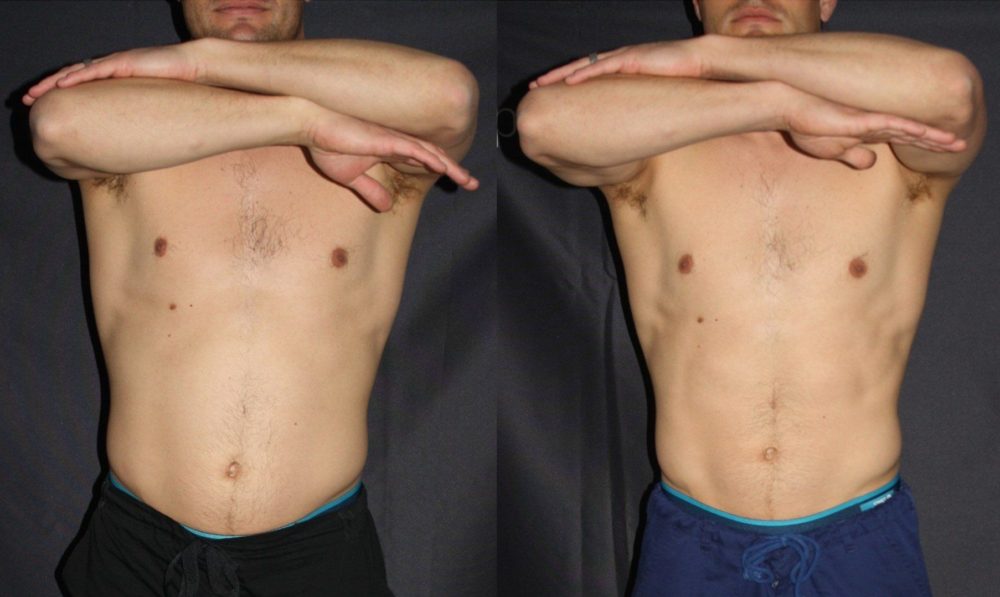
Caffeine is one of the most common stimulants in the world, present in popular drinks like coffee and tea. In this article, we discuss and answer the question: does caffeine burn fat?
Health Benefits Of Caffeine
Caffeine is the most commonly consumed stimulant in the world. In fact, experts estimate people consume over 2.25 billion cups of coffee daily. Although commonly recognized for its ability to boost energy levels, caffeine offers a variety of health benefits. According to research, it may help decrease heart disease risk, liver disease, and inflammatory bowel disease.
Coffee is the most potent natural source of caffeine. It also contains additional nutrients, including b-vitamins, magnesium, and potassium, all of which play a critical role in cellular health.
Caffeine And Athletic Performance
There is an abundance of published research assessing the role of caffeine in athletic performance. Past studies have shown it improves resistance training, increased muscle strength and power, and endurance.
However, researchers have yet to thoroughly evaluate the effects of it may have on the body’s ability to burn fat.
New Research On Caffeine And Fat Metabolism
In a recent triple-blinded, placebo controlled study, researchers assessed the role of caffeine intake on fat metabolism.
Participants were included in the study if they met the following criteria:
- Physically active males with experience in endurance training
- No history of smoking or drug use
- No history of health conditions that may worsen with exercise
- Consumed less than 50 mg of caffeine daily
This study included a total of 15 men. The participants performed an exercise test using a bicycle ergometer twice in the morning, and twice in the afternoon. The researchers randomly selected participants to consume 3 mg/kg of body weight of caffeine or a placebo 30 minutes prior to each athletic test.
The researchers measured maximal fat oxidation (MFO) and maximal oxygen uptake (VO2max) of each participant. In addition, they calculated the intensity at which participants reach peak fat burning capacity.
Study Findings
Participants who received caffeine experienced a 10.7% increase in maximal fat oxidation in the morning exercise test, and a 29% increase in the afternoon test compared to the placebo group. In addition, caffeine enhanced peak fat burning capacity by 11.1% in the morning and by 13.1% in the afternoon.
The researchers concluded,
“The combination of acute caffeine intake and exercise at moderate intensity in the afternoon seems to be the best scenario for individuals seeking to increase the amount of fat utilized during continuous aerobic exercise.”
Study Limitations
Although promising findings, there are notable limitations to this study. For example, with only 15 participants in the study, it decreases the strength of these findings. In addition, only researching men of a specific age range and athletic level makes it impossible to generalize this relationship across all populations.
Further research is needed to further validate the results from this study.
How Much Caffeine Is Safe To Take?
While caffeine has proven to be beneficial on a range of health outcomes, moderation is key. According to the Food and Drug Administration (FDA), the maximum recommended dose is 400 mg per day. This equates to approximately 4 to 5 cups of coffee.
However, some require significantly lower doses to avoid negative side effects.
What Are The Side Effects Of Too Much Caffeine?
Although people commonly consume 400 mg without negative side effects, it’s important to listen to your body to determine the ideal dose for you.
For example, those with a caffeine sensitivity often don’t produce enough of the liver enzyme, CYP1A2. This enzyme controls the rate fat is metabolized. As a result, these individuals may experience an increased impact with longer lasting effects.
Common side effects from excessive consumption include the following:
- Insomnia
- Jitters
- Rapid heart rate
- Anxiety
- Nausea
- Headaches
In addition, those with specific health conditions may experience increased symptoms or disease severity when consuming caffeine. Therefore, it’s important to consult a healthcare professional before consuming caffeinated products.
Source

